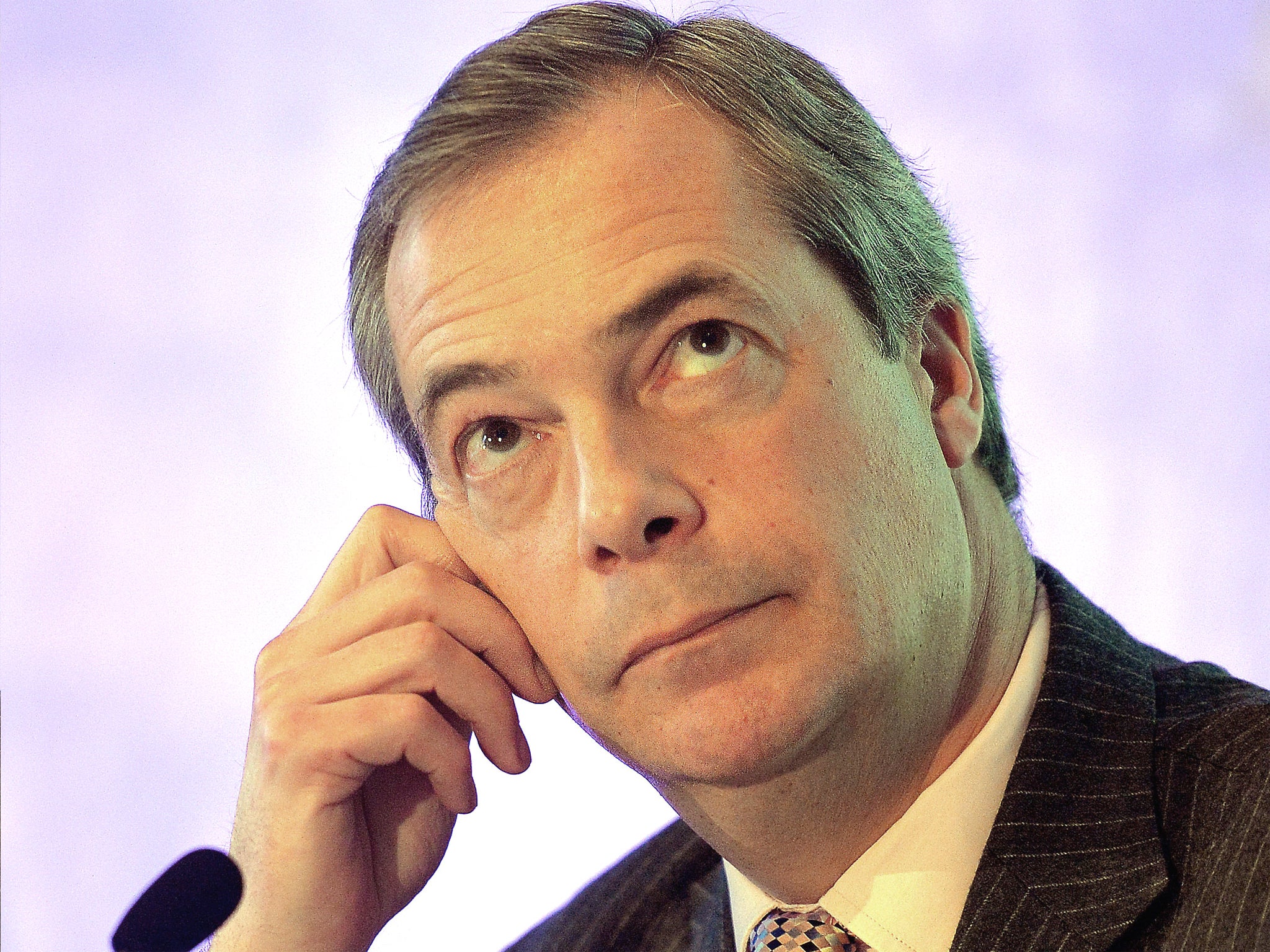Wythenshawe by-election analysis: Comfort for Farage but has Ukip edged back from its heights?

Labour is the only party with much to celebrate after the by-election in Wythenshawe and Sale East. True, a turnout of just 28 per cent is hardly inspiring, but Ed Miliband’s party had everything to lose and nothing to gain in one of its northern heartlands.
Labour’s 55.3 per cent share of the vote was still less than the party won in the constituency in 1997 and 2001. But there will be relief in Labour circles that the UK Independence Party did not run it closer, which might well have happened if Labour had given Nigel Farage time to build momentum by allowing a longer campaign. Labour called the contest quickly following the death of Paul Goggins, its former MP. Labour jitters about Ukip’s ability to chase white working class voters will remain, but a so-called “Red Ukip” campaign in which the Eurosceptic party promised to protect people’s benefits appeared to cut little ice.
Mr Farage can draw some comfort from winning the race for second place with the Conservatives. His party won its fourth highest share of the vote in a parliamentary by-election. “This confirms the message from the opinion polls that Ukip is still a significant player, but perhaps has still edged back a bit from the heights of last year,” said John Curtice, professor of politics at Strathclyde University.
Ukip will fare much better in the European Parliament elections in May, as they are fought under proportional representation. But Wythenshawe is a reminder that Mr Farage may struggle to make a breakthrough in next year’s general election.
Third place was a big disappointment for the Conservatives, who are desperate to win friends in the north, many parts of which remain a Tory-free zone. The only crumb of comfort for David Cameron is that the general election will be decided in marginal constituencies rather than safe seats like Wythenshawe.
Yesterday’s result was dismal news for the Liberal Democrats, who again lost their deposit. Britain’s third party suffered the biggest ever drop in its share of the vote in a post-war by-election --down 17.4 points, more than in Manchester Central in 2012 (17.2 points). “This confirms the party is in terrible trouble,” said Professor Curtice.
The Lib Dems will worry that Ukip has supplanted it as the “ protest votes” party now that they are in government. Tim Farron, the Lib Dem president, admitted today that his party had gone from being “none of the above” to “one of the above”. Nick Clegg may struggle to change that perception by the general election.
Watch David Cameron on the Wythenshawe by-election result
Join our commenting forum
Join thought-provoking conversations, follow other Independent readers and see their replies
Comments
Bookmark popover
Removed from bookmarks